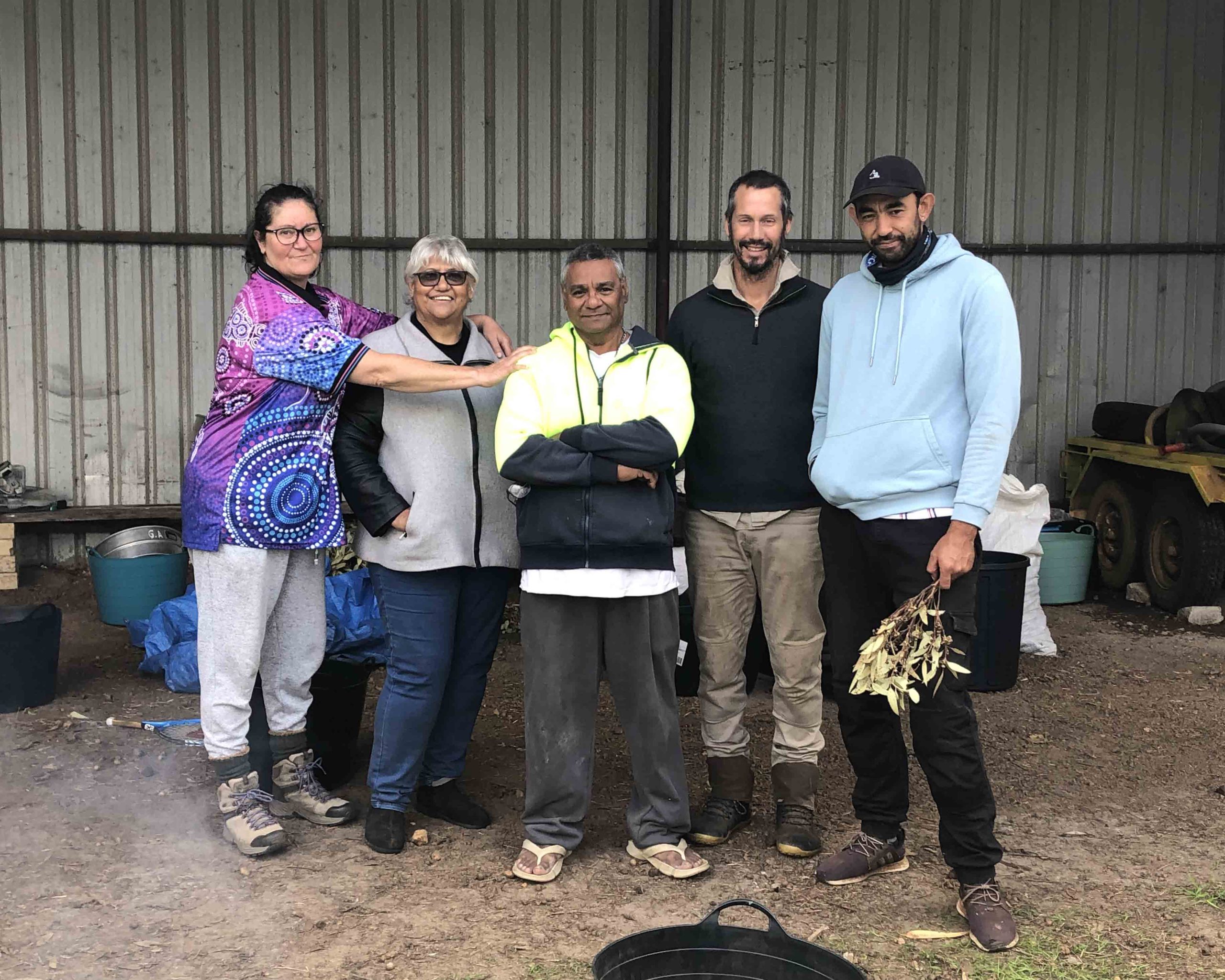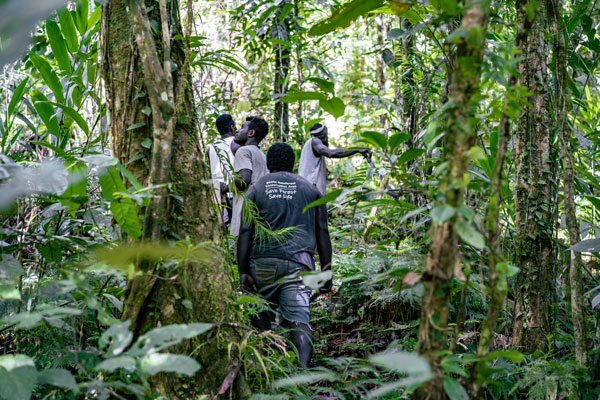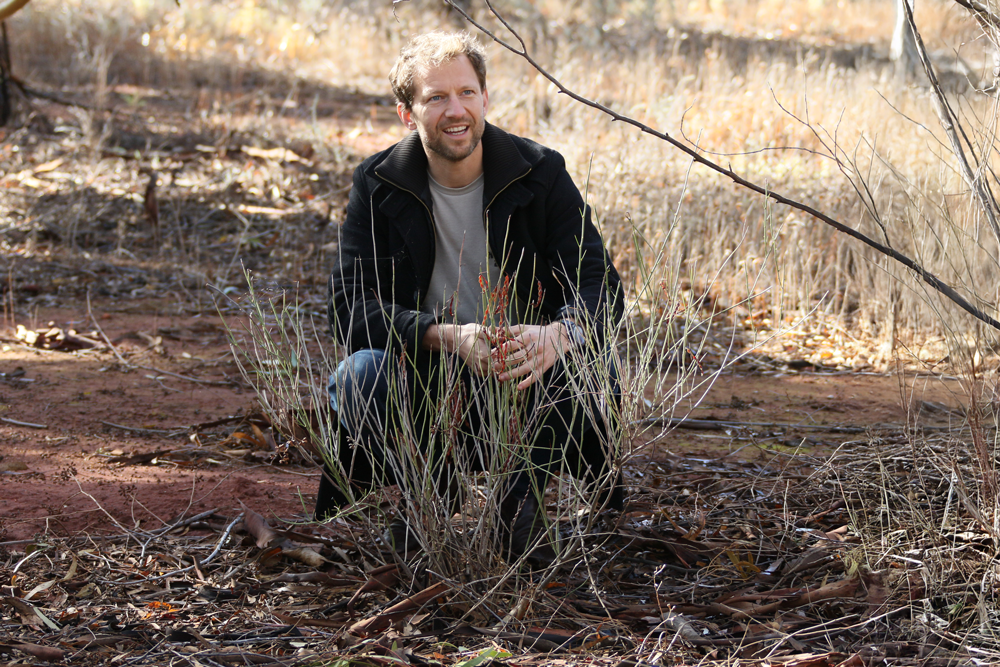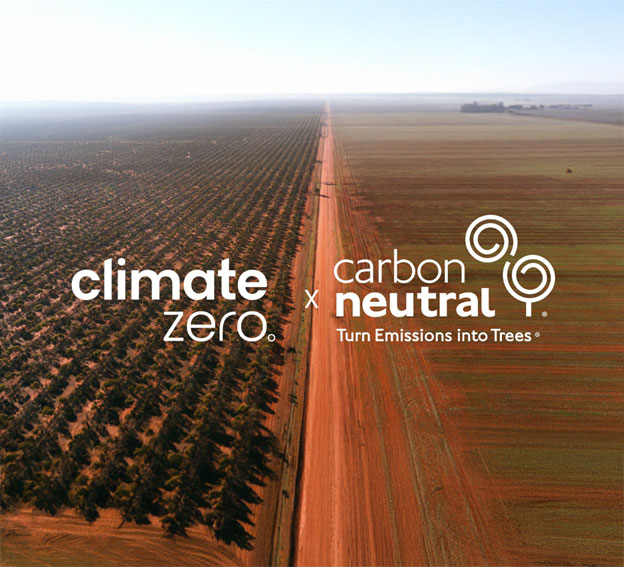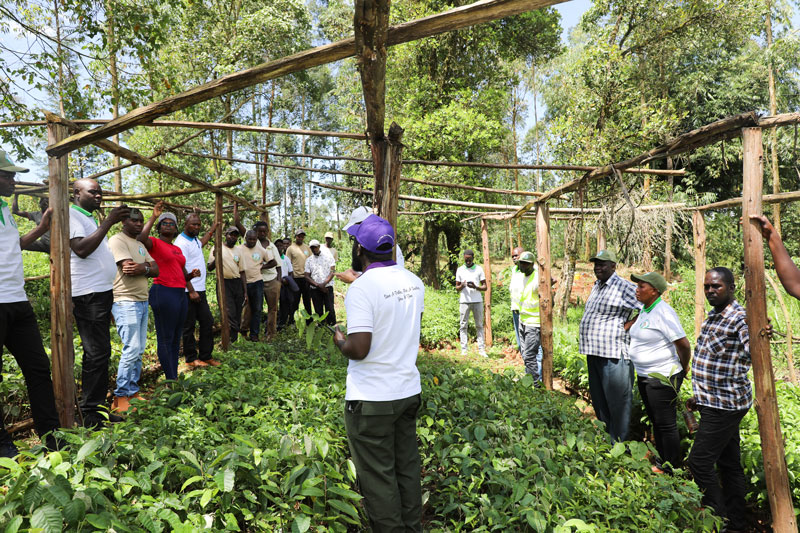Can businesses be green and profitable?
Renee McMahon
DateAugust 2023

‘How can businesses be successful while also addressing environmental, social, and economic challenges?’ is an increasingly common question asked in the corporate sector.
In a post climate change denial world, the sobering answer is that businesses can’t be truly successful unless they are seen to be addressing environmental, social, and economic challenges.
In modern society, there is a growing recognition that businesses cannot solely focus on maximizing profits but should also address environmental, social, and economic challenges. While businesses might still be able to achieve some level of success in the short term without actively addressing these challenges, it is becoming increasingly difficult to sustain long-term success without considering these factors.
Consumer Expectations
Consumers are increasingly conscious of the environmental and social impact of their purchasing decisions. They prefer to support businesses that demonstrate a commitment to sustainability, ethical practices, and social responsibility. By aligning with these expectations, businesses can build trust, enhance their reputation, and attract a larger customer base.
Accenture conducted a survey in 2020 involving more than 25,000 consumers across 22 countries. The study found that 63% of consumers prefer to buy products and services from companies that stand for a purpose that aligns with their values and beliefs.
Competitive Advantage
Embracing sustainability and social responsibility can provide businesses with a competitive edge. Addressing these challenges often leads to innovation and efficiency improvements, which can reduce costs and differentiate the business from competitors. Additionally, many governments and organisations provide incentives, grants, and certifications for sustainable businesses, opening up further opportunities.
Risk Management
Environmental, social, and economic challenges pose risks to businesses. Climate change, resource scarcity, social unrest, and regulatory changes can significantly impact operations, supply chains, and financial stability. By proactively addressing these challenges, businesses can mitigate risks, adapt to changing circumstances, and ensure long-term resilience.
Talent Attraction and Retention
Employees, particularly the younger generation, are increasingly seeking purposeful work and want to be associated with companies that contribute positively to society. Businesses that prioritize environmental and social responsibility are more likely to attract and retain top talent, leading to higher employee satisfaction, productivity, and innovation.
Deloitte’s annual survey of millennials and Gen Z provides valuable insights into their attitudes and preferences. In the 2020 survey, 76% of millennials and 78% of Gen Z respondents stated that business leaders should focus on making a positive impact on society rather than just generating profit.
Stakeholder Engagement
Businesses operate within complex networks of stakeholders, including investors, customers, employees, communities, and regulators. Demonstrating a commitment to addressing environmental, social, and economic challenges helps build stronger relationships with these stakeholders. It can lead to improved collaboration, partnerships, and support, which are essential for long-term success.
Legal and Regulatory Environment
Governments and regulatory bodies worldwide are implementing stricter environmental and social regulations. Failure to comply with these regulations can result in legal consequences, reputational damage, and financial penalties. Businesses that proactively address these challenges are better prepared to navigate the evolving legal and regulatory landscape.
While short-term financial success can still be achieved without addressing these challenges, it is increasingly clear that businesses need to integrate environmental, social, and economic considerations into their strategies for long-term viability, competitive advantage, and stakeholder support. By adopting sustainable and socially responsible practices, businesses can contribute to positive change while reaping the benefits of enhanced brand value, customer loyalty, and resilience in the face of global challenges.
Australia has implemented carbon pricing mechanisms to encourage businesses to reduce their carbon emissions. While the previous carbon pricing scheme was repealed, the government has introduced the Climate Solutions Fund (formerly the Emissions Reduction Fund), which provides financial incentives for projects that reduce greenhouse gas emissions.
Are you motivated to partner with Carbon Neutral?
Explore stories in the world of sustainability, carbon and climate change.

